I use Vim with clang_complete for omnicompletion.
The plugin is automatically triggered when I need completion, e.g., after I type . or -> to access an object members or methods (see screenshot below).

The plugin works really nice, however I would need a way to trigger it manually (i.e. to compile my code for syntax checking).
This is useful for two reasons:
- Static syntax checking
- Clear previous errors which have been fixed (which otherwise will remain in their buffer). See the two screenshots below for a better understanding.
Any help is appreciated. Thanks.
Screenshot 1

Screenshot 2
